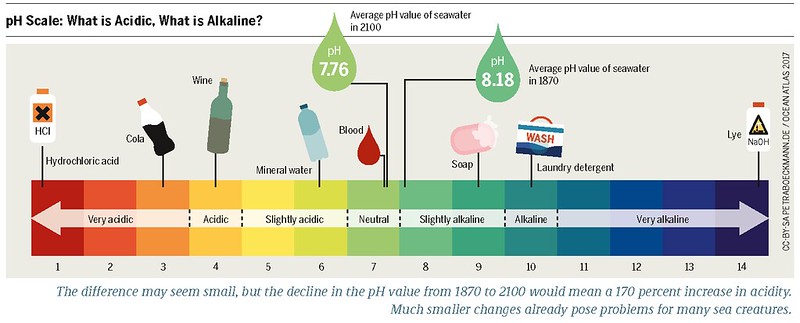The pH of carbon filtered water typically falls within the range of 6.5 to 7.5, which is considered safe for drinking. Activated carbon filters, commonly used in water filtration systems, are effective at removing impurities but may lower the pH of the water. Understanding the pH of your carbon filtered water is crucial for maintaining your health and ensuring the quality of your drinking water.
Understanding the pH of Carbon Filtered Water
The pH (potential of hydrogen) scale measures the acidity or alkalinity of a solution, ranging from 0 to 14. A pH value of 7 is considered neutral, while values below 7 are acidic, and values above 7 are alkaline or basic.
When it comes to carbon filtered water, the pH level can be affected by several factors, including the quality of the source water, the type of filtration system used, and the presence of dissolved minerals or other substances.
Factors Affecting the pH of Carbon Filtered Water
-
Source Water Quality: The pH of the source water, such as municipal water or well water, can influence the pH of the filtered water. If the source water is naturally acidic or alkaline, the filtration process may not significantly alter the pH.
-
Filtration System: The type of filtration system used can also impact the pH of the water. Activated carbon filters, while effective at removing impurities, can sometimes lower the pH of the water by removing minerals that contribute to alkalinity.
-
Dissolved Minerals: The presence of dissolved minerals, such as calcium and magnesium, can affect the pH of the water. These minerals can help neutralize acidity and maintain a more balanced pH.
-
Contaminant Removal: The removal of certain contaminants, such as chlorine or heavy metals, can also influence the pH of the water. These contaminants can contribute to the acidity of the water, and their removal may result in a slight increase in pH.
Importance of Maintaining a Healthy pH in Carbon Filtered Water
The pH of your drinking water is essential for several reasons:
-
Taste and Quality: The pH of water can affect its taste and overall quality. Acidic water may have a sour or metallic taste, while alkaline water may have a smoother, more pleasant taste.
-
Corrosion and Mineral Deposits: Low pH levels can make water more corrosive, potentially damaging pipes and fixtures. Conversely, high pH levels can lead to the formation of mineral deposits, reducing water flow and affecting the lifespan of appliances.
-
Nutrient Absorption: The pH of water can impact the way your body absorbs nutrients. Slightly alkaline water (pH 7.5-8.5) may help improve the absorption of certain minerals, such as calcium and magnesium.
-
Health Implications: Consuming water with an extreme pH (either too acidic or too alkaline) can potentially have negative health effects. Prolonged exposure to highly acidic or alkaline water may lead to digestive issues, skin irritation, or other health problems.
Maintaining a Healthy pH in Carbon Filtered Water
To ensure that your carbon filtered water maintains a healthy pH, consider the following steps:
-
Test the pH: Regularly test the pH of your carbon filtered water to ensure it falls within the recommended range of 6.5 to 7.5. You can use a simple pH test kit or consult a water testing laboratory.
-
Choose the Right Filtration System: When selecting a water filtration system, look for one that is designed to maintain a healthy pH balance. Some systems may include additional features, such as pH adjustment or mineral addition, to help maintain the desired pH level.
-
Monitor Water Quality: Keep an eye on the quality of your water, including any changes in taste, odor, or appearance. These can be indicators of pH imbalances or other water quality issues.
-
Consider pH Adjustment: If your carbon filtered water is too acidic or too alkaline, you can consider adjusting the pH using safe and approved methods, such as adding baking soda or using a pH adjustment filter.
-
Consult a Water Specialist: If you’re unsure about the pH of your carbon filtered water or have concerns about its quality, consider consulting a water specialist or a professional water treatment company for guidance.
Conclusion
The pH of carbon filtered water is an essential factor to consider for both health and safety reasons. By understanding the factors that can affect the pH of your water and taking steps to maintain a healthy pH balance, you can ensure that your drinking water is safe, tastes great, and supports your overall well-being.
References:
– Activated Carbon for Water Filtration
– What is the pH of Filtered Water and What Does it Mean for Your Health?
– Why Reverse Osmosis Water is Acidic

